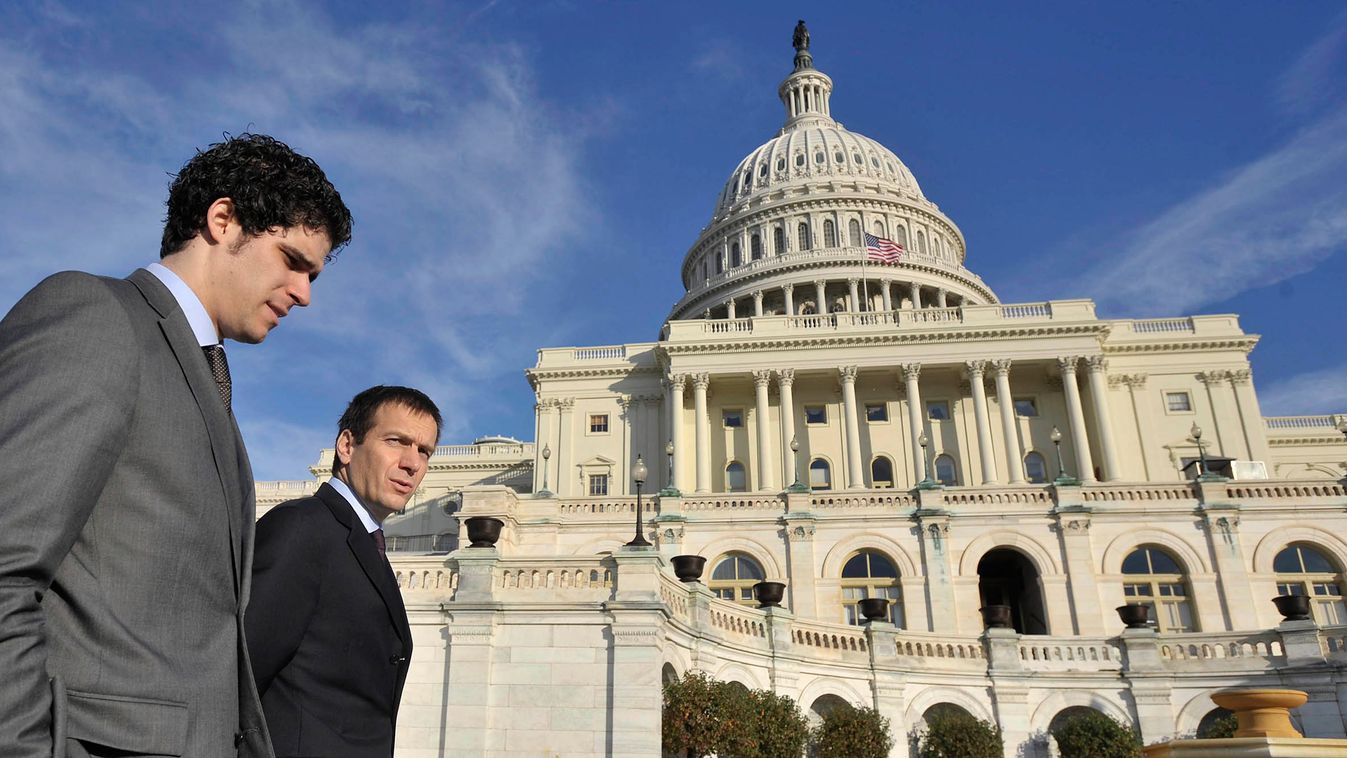“We're also a 501-(C)(4), which means we don't have to really name it. In this case, the donor names don't have to be published. (…) As an investor, I feel safe that your investments will be protected, but I would like in some way to I separate the two again in a meaningful and intelligent way so that they are not so closely intertwined so that no one can criticize us for promoting our commercial interests under the guise of democratic principles and values so I am sure you understand what I am trying to get at.
The fateful part is visible from minute 02:46.
David Kourani put it this way last week, in a recording made by Mandiner that was leaked on X.
The core issue of Soros's influence has long been that the billionaire speculator supports many left-wing liberal endeavors around the world, not out of pure kindness, but as an investment and a means of speculation.
What senior advisor Gergely Karacsony points out specifically is that it seems very likely that the billionaire Soros family will be able to hide behind an organization registered under the US legal system. The relevant section of the US tax code (Internal Revenue Code Section 501(c)) distinguishes a total of 29 different types of NGOs, all of which are subject to special, and sometimes significantly different, rules. From a political standpoint, among the types listed clause by clause in the tax code are 501(c)(4) type organizations that enjoy limited tax exemption, promote so-called welfare, and in practice typically deal with lobbying and lobbying. Supporting political actors. As well as working for democracy.
The second partial report of the National Information Center (NIK) detailed the emergence of the American organization. They noted in their materials that “the first transfer took place on February 24, 2022,” and that “at the time indicated in the registration document, AD had already transferred hundreds of millions of Hungarian forints to Hungarian organizations.” They also found that “the company was likely set up with a purpose-driven financial background (not dependent on small donations).”
In this way, it becomes more understandable why Kourani in the above-mentioned recording lamented that it was important not to criticize them for asserting their commercial interests. Of course, all of this may be difficult for many thousands of small donors, but if only a few of them, perhaps a prominent supporter, have a business background similar to Soros, then this raises very serious questions. Especially since during the donation period, David Kuranyi was also working in public service in Budapest.












































